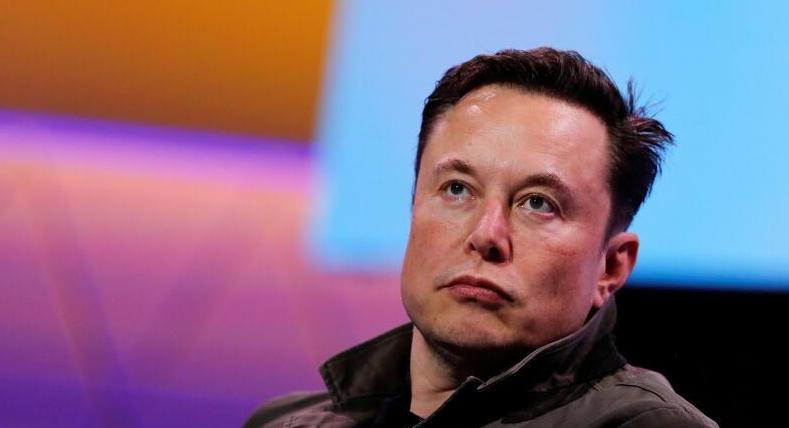The controversy over the Starlink satellite touched the Chinese space station launched by SpaceX is still ongoing, and the European Space Agency has also issued a critical voice against the company. Against this backdrop, the British newspaper The Guardian reported on December 30 that Elon Musk had defended SpaceX's criticism that it occupied too much space in space, claiming that his satellites would be able to "coexist" with many other satellites.

Elon Musk
SpaceX's Starlink satellite was recently blasted close to the Chinese space station twice this year, posing a threat to the Chinese space station and the lives of astronauts. Chinese Foreign Ministry spokesman Zhao Lijian said at a regular press conference of the Ministry of Foreign Affairs on the 29th that "outer space is not an extralegal place, and all countries should respect and safeguard the international order in outer space based on international law, and adopt a responsible attitude to safeguard the life safety of astronauts in orbit and the safe and stable operation of space facilities."
The new director of the European Space Agency, Ashbach, also criticized Musk for "making the rules of space on his own", and Aschbach also called on European leaders to "stop helping Musk dominate the space economy".
In response to Aschbach's criticism, Musk argued in an interview with the Financial Times that "space is very large and satellites are very small" and that "the situation now is not that we are effectively stopping others in any way." We're not stopping anybody from doing anything [in space], and we don't want to do that either."
Musk also compared the number of satellites in space to "2 billion cars on the earth's surface," saying that space still has "room for tens of billions of satellites": "Thousands of satellites are nothing, just like thousands of cars on Earth, not nothing." But the Financial Times, citing an astrophysicist, argued that satellites need larger clearances than cars to safely avoid collisions.
The Guardian said that SpaceX has launched more than 1,600 satellites, including the most recent launch on December 18, and launched another 52 satellites, making it the focus of calls for increased "space regulation". Astronomers are also increasingly worried that if launches continue unregulated, the proliferation of thousands of satellites will bring unpredictable changes to the human night sky.